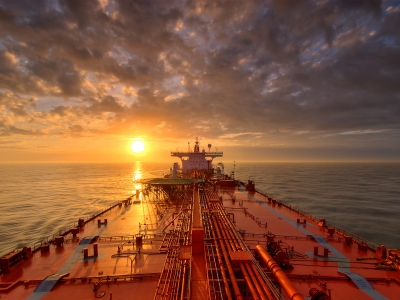“Sustainable development” is the buzzword for the future of the shipping industry, according to Mr Koji Sekimizu, secretary-general of the International Maritime Organisation (IMO).
Mr Sekimizu, who is in town for the Singapore Maritime Week, spoke to Channel NewsAsia on the challenges and opportunities for the global shipping industry.
Sustainable development is development that meets the needs of the present without compromising the ability of future generations to meet their own needs.
The definition is according to the World Commission on Environment and Development’s (the Brundtland Commission) report, “Our Common Future”.
Some 90 per cent of global trade is carried by sea.
World seaborne trade figures bounced back from the financial crisis in 2009 and grew almost seven per cent to 8.4 billion tons in 2010.
This mode of transport remains critical to the continued growth of the world economy.
But the shipping industry needs to embrace new technology to ensure its sustainability for the future.
Mr Sekimizu said: “There are a number of potential risks involved that may hinder the development.
“One of them is regional action to be taken. The shipping industry is really an international industry that needs to be supported by global standard.
“That’s why international shipping industry is always promoting the value of global standard.
“When it comes to sustainable development, again, the shipping industry has to be supported by new ways of idea, innovative way of handling, new technology and innovation. But at the same time, education and training and security are also important factors.
“And also, maritime traffic management, maritime infrastructure — those are the pillars to support the future of sustainable international shipping.”
Mr Sekimizu said these sustainability issues will be discussed at the UN Conference on Sustainable Development (UNCSD) this June.
Called “Rio+20”, the conference aims to develop the common concept of “sustainable development” for the shipping industry.
Despite the challenges confronting the shipping industry, such as rising energy costs and shipyard overcapacity, developing countries continue to account for the largest share of global seaborne trade, reflecting their resilience to economic setbacks.
Experts said they will play an increasingly leading role in driving global trade.
IMO said piracy remains a big threat to the industry.
Experts added it may also derail the seaborne trade opportunities in the industry.
However, it is currently working towards establishing a regional mechanism of cooperation for the African countries to curb piracy within that region.
Source: CNA






























































